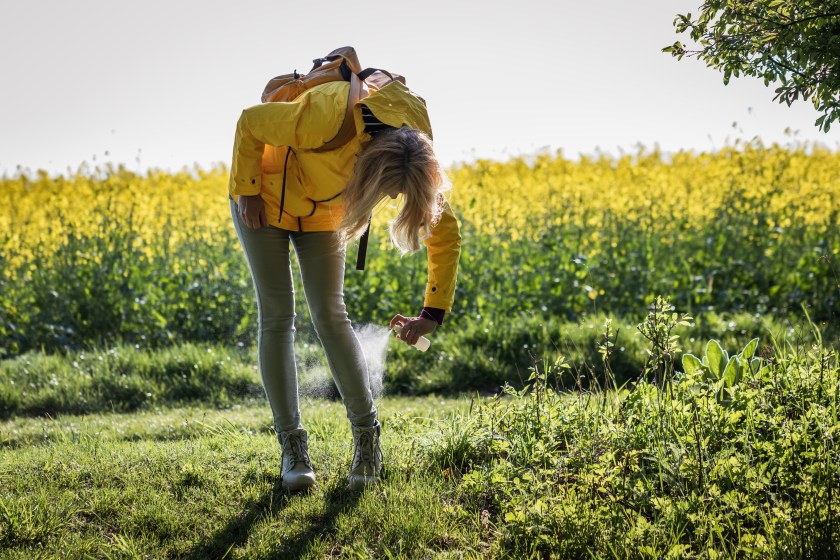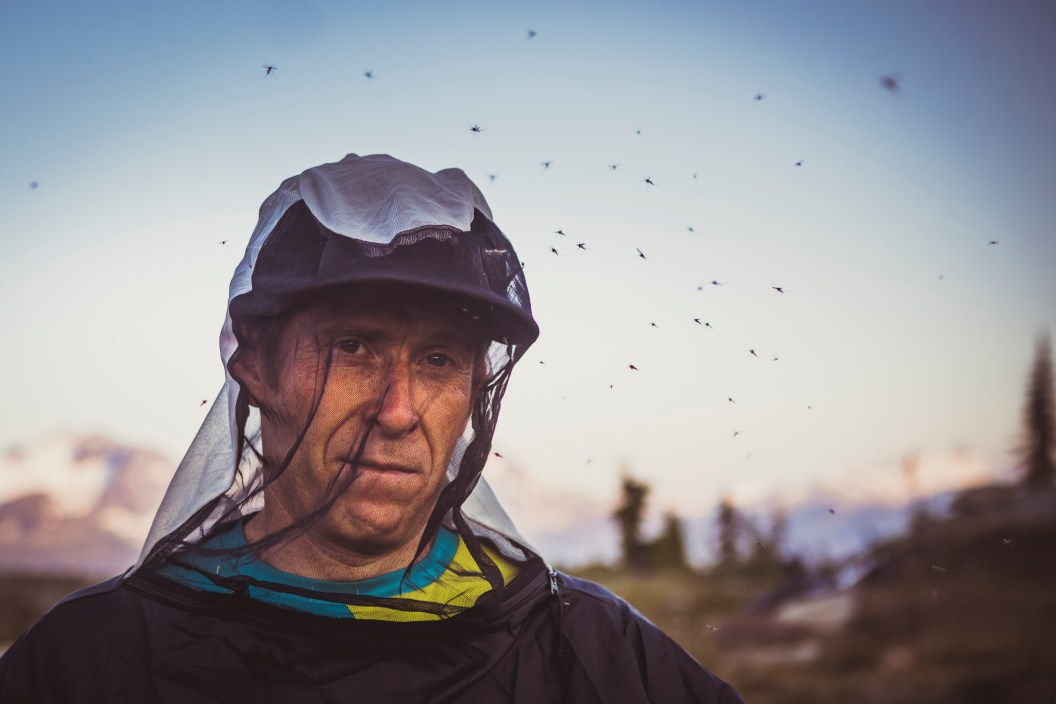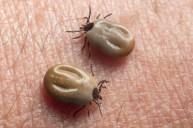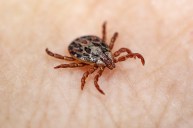Dengue fever and West Nile virus are on the rise across the U.S., with everywhere from Georgia to Texas to Colorado reporting severe outbreaks and dozens of deaths. Fall hunters, anglers, and hikers, as they're often outside this time of year, are especially at risk for these mosquito-spread diseases.
West Nile has been reported in several counties in Georgia, Texas, and Maryland, and the disease has already caused deaths nationwide. Colorado has already seen 11 people die and many other hospitalized as of September 2023, experiencing its deadliest outbreak in years. Meanwhile, in Kansas, 22 cases have been reported, including 17 neuroinvasive cases. As for dengue fever, nearly 1,000 people across the U.S. and its territories have been infected so far this year (as of September 27), according to the U.S. Centers for Disease Control and Prevention, with Florida, New York, and Puerto Rico report the highest number of dengue positives.
Peak mosquito season typically lasts from August through October. But unpredictable weather events and temperature trends can create favorable conditions for increased mosquito activity. Hurricane Hilary's landfall in the American Southwest, for instance, precipitated the rise of invasive Aedes albopictus and Aedes aegypti mosquitoes—not-so-lovingly known as "ankle biters"—in the region. According to the World Health Organization, Aedes mosquitoes are the prime vector for dengue.
Dengue fever and West Nile virus are carried by mosquitoes, and both diseases can cause mild to severe symptoms including high fever and flu-like pains. Severe cases of dengue fever may cause serious bleeding and sudden drops in blood pressure. West Nile can induce vomiting, diarrhea, and skin rash, as well as longer-lasting symptoms such as months-long fatigue and even neurological disease. Both diseases can be deadly.
How to Protect Against West Nile, Dengue, and Other Mosquito-Borne Disease

Getty Images, Zbynek Pospisil
- Start by covering up. Wear loose-fitting long sleeves and pants, and a hat. If you have the money to go the extra mile, consider adding a protective layer using specialized gear, such as Sitka's Equinox Guard Hoody. Even if you're not looking to invest in insect armor, consider adding another layer; after all, the Aedes mosquito can pierce clothing.
- Treat clothing with permethrin, an insect repellent approved by the EPA for factory-made clothing (and first used by the military). Consumers can also purchase permethrin spray to apply to their own clothing and gear. Insect sprays containing DEET also remain a safe option when used according to the product guidelines. A number of organic mosquito repellents are also available.
- Consider a natural mosquito repellent if you have sensitive skin. Essential oils such as lemon, eucalyptus, cinnamon, thyme, soybean, Greek catmint, and tea tree are commonly available and, in the case of lemon eucalyptus, provide high mosquito protection, according to the British National Institutes of Health.
- Minimize breeding locations at your campsite and in your home. Aedes mosquitoes are capable of reproducing in a body of water as small as a bottle cap. Conduct checks and get rid of objects that might collect rainwater—for your own sake and that of your fellow nature lovers.
READ MORE: The Best Tick and Mosquito Protectants While Hunting




